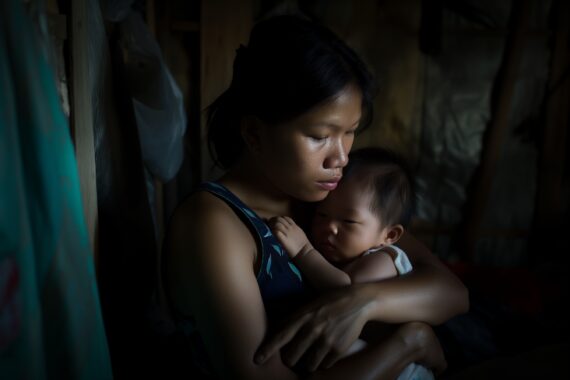By Rev. Dr. Angelique Walker-Smith
For to us a child is born, to us a son is given; and the government will be upon his shoulder, and his name will be called Wonderful Counselor, Mighty God, Everlasting Father, Prince of Peace. Of the increase of his government and of peace there will be no end, upon the throne of David, and over his kingdom, to establish it, and to uphold it with justice and with righteousness.
Isaiah 9:6-7
Welcome to the seasons of Christmas, Holy Innocents, Kwanzaa, and Epiphany. Each of these transitions of the season echo the spirit and hope of the prophecy of Isaiah. Christmas is about the birth of the Christ Child while Holy Innocents reminds us of the assault of the State to prevent the birth. Kwanzaa reminds us of the African lineage in Egypt where refuge was found to keep the Christ Child from the assault to take the child’s life. Epiphany invites the remembrance of the visit of the Wise Men to the Christ Child and the eventual baptism of Jesus.
These holy events serve as overtures that eventually usher in Lent, Good Friday, and the celebration of Easter. But these holy events were not without struggle and pain. They involved a wrestling of government policies that sought to snuff out the life of baby Jesus. But the courage and bold vigilance of his parental advocates, Mary and Joseph, led by the holy advocate of the Sprit, found a way to save Jesus’ life. Sadly, this kind of assault on life is a familiar theme in the Bible.
The beautiful and joyous aspects of life were and are sadly haunted by the shadows of death that seek to undermine the healthy birth of babies and children. Today conflicts, climate change, food deserts, poor and failed governments and policies, and lack of resources in low-income communities and nations lead to hunger, poverty, and malnutrition that affect the possibility of healthy births and good nutrition for our children. This is especially true of Black lives in the United States and globally.
Did you know that the United States maternal and infant death rates are higher than those of any other high-income country? Systemic inequities create significant disparities in our healthcare system even as there are states in the United States that refuse to accept federal dollars to ensure more lives are spared. Black women are far more likely to die because of pregnancy and childbirth than the death rate of white women. The maternal mortality rate is also especially high for Indigenous or Native American women and for women in rural communities.
But there is good news. Programs like the Special Supplemental Nutrition Program for Women, Infants, and Children (WIC) are associated with reduced rates of maternal and infant mortality. Recently, under the leadership of Vice President Kamala Harris, the White House convened a Maternal Health Day of Action that invited a partnership of legislative advocacy to further address these challenges. Bread for the World invites you to join us in our advocacy to address this timely issue.
Angelique Walker-Smith is senior associate for Pan African and Orthodox Church Engagement at Bread for the World.



